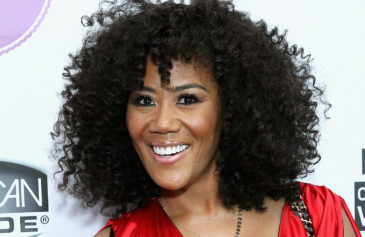Major hair companies, Revlon, Proctor & Gamble, Pantene, and L’Oreal have seen declined sales since 2009 because of lack of diversity in their hair products. As the world is becoming more diverse (just Thursday a study declared whites are no longer the majority), so are the hair needs for women of color.
If needs are changing, then cookie cutter products aren’t going to satisfy the ever-changing demographics, hence declined product movement. Though many of these leading companies have produced lines to cater to non-whites, the specificity isn’t accommodating enough to meet the needs of innate curly heads, especially when the (black) competition understands the hair they are making products for.
Having accessibility to multifarious how-to and what-works YouTube videos and practically having a product that suits every possible hair want makes for a certified loss for any company that doesn’t keep up with consumers’ demands.
Carol’s Daughter, a leading veteran natural hair care line, launched the Transitioning Movement site with singer-model Solange Knowles to help guide women through the oft-distressful and challenging process of going natural after twenty years or more of being one with some sort of chemical relaxer. There’s a duality in this method: informing their base while increasing their market—smart, smart, and smart!
While the likes of Proctor & Gamble and others have had a head start on shrouding the multi-million dollar hair care market, women of color are leading the charge in a progressive and take-charge way. Carol’s Daughter, Miss Jessie’s, Karen’s Body Beautiful, Qhemet Biologics, Oyin Handmade, and Kinky-Curly are all leaders in journeying through the natural hair phases. And each is independently-owned!


